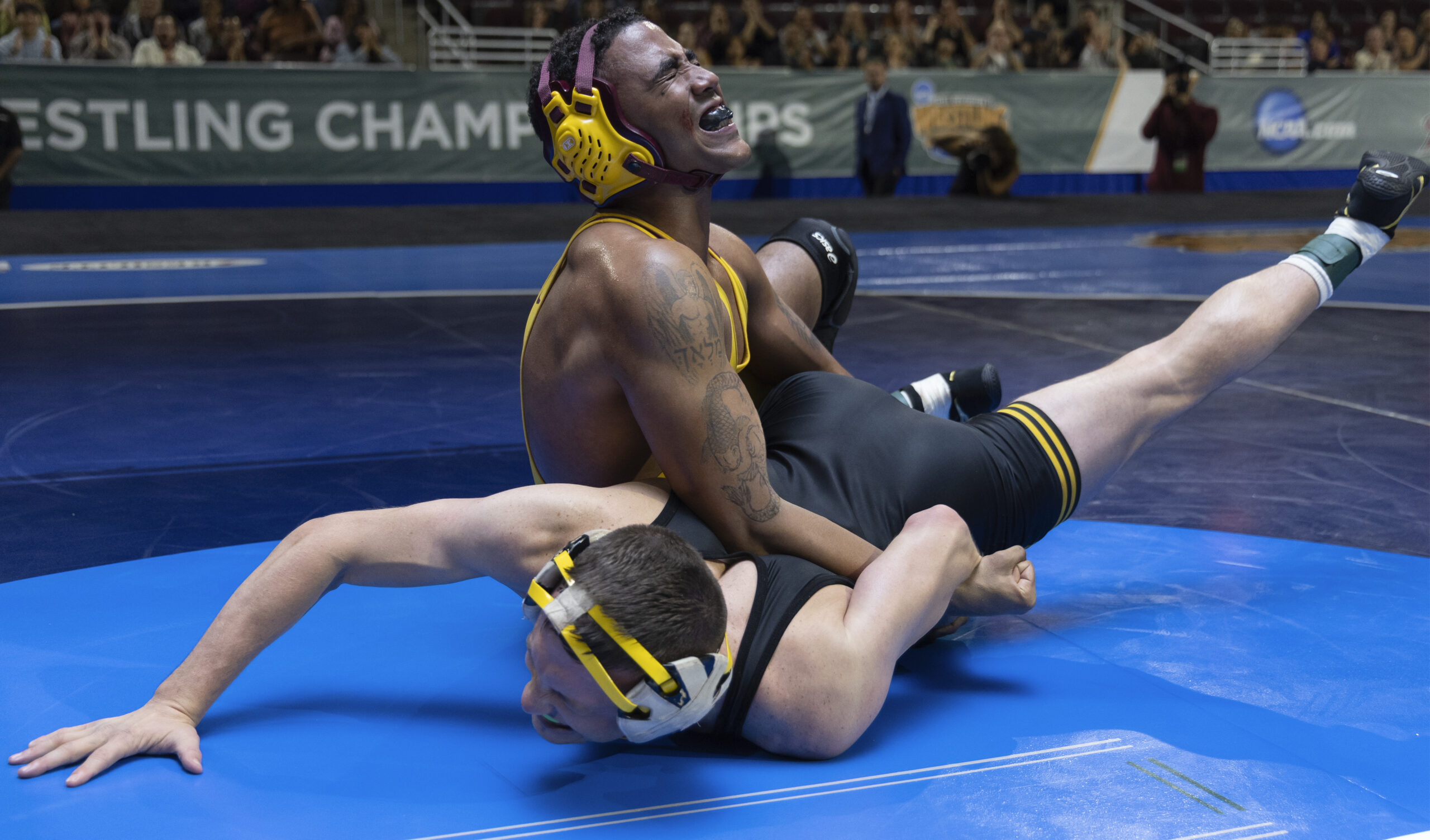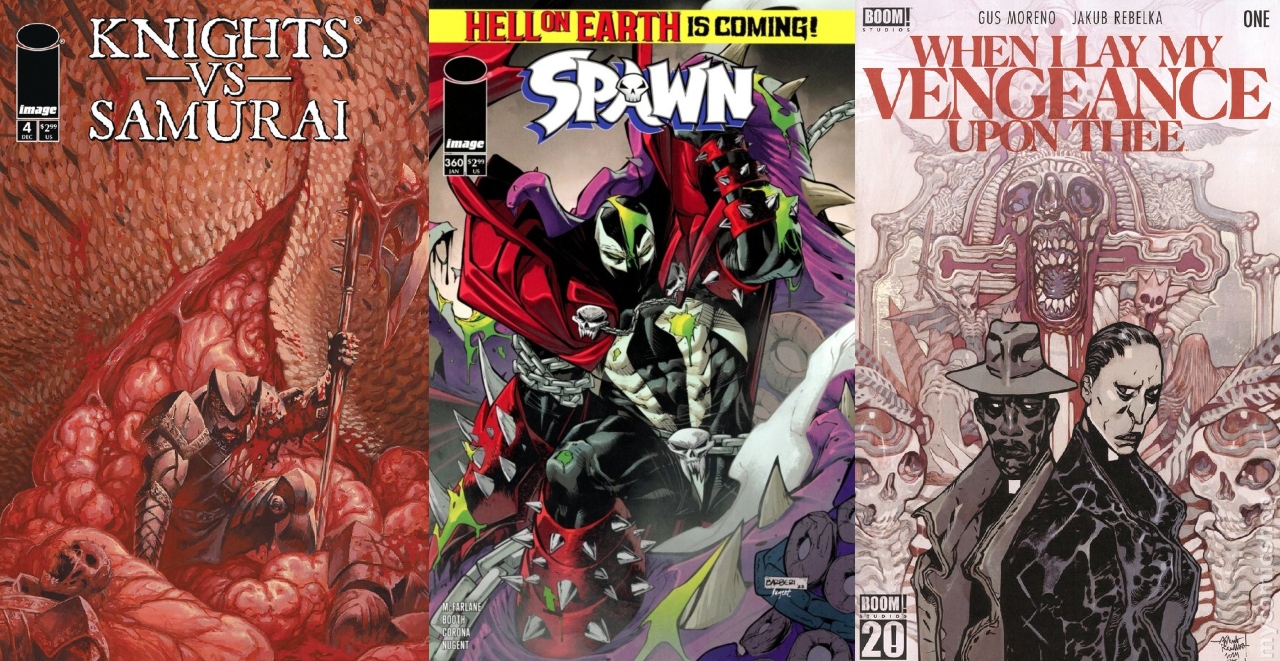If you’re an animation fan, chances are you’ve heard of the name Mamoru Hosoda. Hosoda’s work has been in the eye of the U.S. public ever since The Digimon Movie hit theaters stateside nearly 20 years ago, and in the time since then, he’s moved on from franchise films to his own original work — work that continues to be held in high regard by film and animation lover worldwide.
Today, some of his most notable work includes the likes of Summer Wars, Wolf Children, and The Boy and the Beast, and if you’ve seen those movies, you know that he’s pretty heavy on the incorporating family into the stories as a crucial element. It’s a part of what makes his stories so universal — and in my opinion, the big reason why his work has managed to escape the borders of Japan. But why does he weave family into his stories so consistently? Friend of LRM and Rick and Morty director Bryan Newton was kind enough to speak with Hosoda on our behalf, and he asked that very question of the filmmaker. Hosoda’s answer was actually surprising.
“Yeah, so what I like about themes is that I like not just children but people, how they grow and change. I really like depicting that, so I think with children they rapidity change so much, so fast, that’s why I tend to choose children. And then once you start putting children in the setting then of course their family’s going to be a part of it, so I think that’s why family tends to be in a lot of my film, and then regards to time travel, well I think when parents when they’re interacting with their kids they act like they’re always adults to begin with but I think they forget that they were kinds once, too. So then in order to remind the adults to think about that, I like to use time travel elements to show that, show and remind people that, yeah they were once children too or even their parents were once children too. “
RELATED – Mirai English Trailer Features Voices Of John Cho, Rebecca Hall, And Daniel Day Kim
That answer actually shocks me quite a bit. I actually expected Hosoda to discuss the overall importance of family in his whole life and how it’s something that anyone can relate to, but the fact that it has more to do with him wanting to utilize younger lead characters is very interesting. It’s almost as though the families are incorporated almost for utilitarian purposes, and not as a key, core element (though this answer doesn’t reduce their overall importance).
Even his solo One Piece film, Baron Omatsuri and the Secret Island had heavy themes revolving around family, though I suppose it could be argued that was something that carried over from the series. What do you think of Hosoda’s comments? Let us know your thoughts down below!
And stay tuned for our full interview with Mirai director Mamoru Hosoda next week!
Don’t forget to share this post on your Facebook wall and with your Twitter followers! Just hit the buttons on the top of this page.
SOURCE: LRM Online

 FOR FANBOYS, BY FANBOYS
Have you checked out LRM Online’s official podcasts and videos on The Genreverse Podcast Network? Available on YouTube and all your favorite podcast apps, This multimedia empire includes The Daily CoG, Breaking Geek Radio: The Podcast, GeekScholars Movie News, Anime-Versal Review Podcast, and our Star Wars dedicated podcast The Cantina. Check it out by listening on all your favorite podcast apps, or watching on YouTube!
Subscribe on: Apple Podcasts | Spotify | SoundCloud | Stitcher | Google Play
FOR FANBOYS, BY FANBOYS
Have you checked out LRM Online’s official podcasts and videos on The Genreverse Podcast Network? Available on YouTube and all your favorite podcast apps, This multimedia empire includes The Daily CoG, Breaking Geek Radio: The Podcast, GeekScholars Movie News, Anime-Versal Review Podcast, and our Star Wars dedicated podcast The Cantina. Check it out by listening on all your favorite podcast apps, or watching on YouTube!
Subscribe on: Apple Podcasts | Spotify | SoundCloud | Stitcher | Google Play




